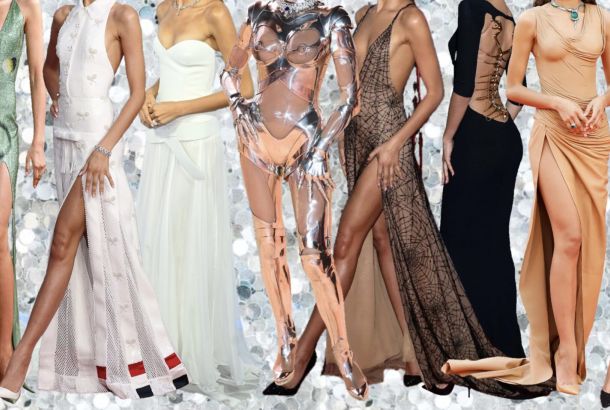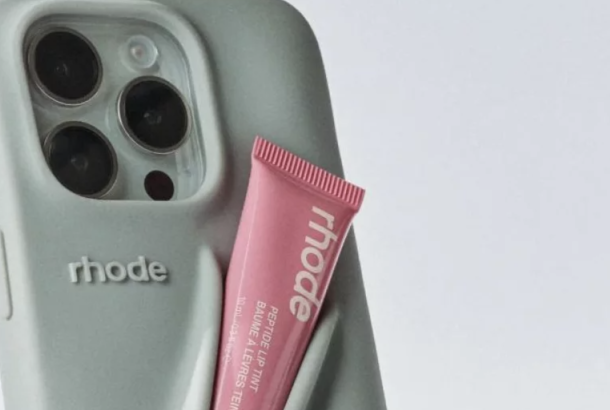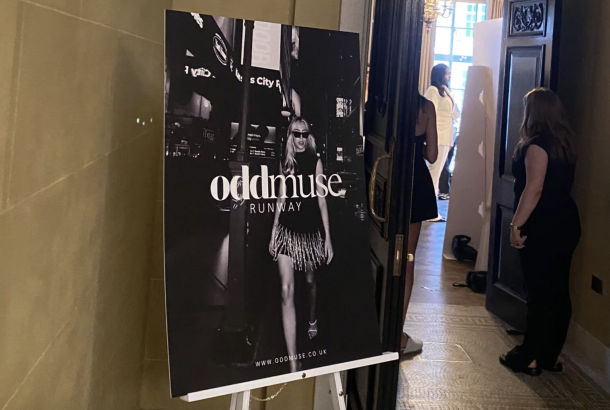Choice feminism: Debates on plastic surgery
By Lucy

Whilst Plastic and cosmetic surgery has its early origins in the ancient period, its projection into the mainstream has only boomed in the past 20 years. With the rise of increasingly perfected images on social media and the casualisation of cosmetic procedures, debates, and tension surrounding the subject have catalysed.
Currently on social media, there is a debate surrounding how we talk about and view cosmetic procedures, especially under the lens of feminism.
Since the 2010s choice feminism, the idea that gender liberation is mostly about giving women a right to choose what they want for themselves has dominated the mainstream. This brought about an overarching line of argument in defence of plastic surgery, simply that it was a woman’s choice, famous or not, whether she got plastic surgery. Yet this did not make celebrities immune to speculation or criticism if they chose to have a procedure.
While tabloid media’s ‘exposing’ and ‘damning’ critiques of female celebrities who got plastic surgery has more or less been left behind in the early 2010s. In 2022, many accounts on Instagram and YouTube are committed to revealing and commenting on cosmetic procedures that mostly female celebrities have had.
However, these accounts have a largely different tone, the aim is not to embarrass these women but instead reveal to their young and impressionable audiences that the naturally perfect and effortless beauty they project is far from natural or effortless. To remind young people and our social ‘media-fied’ generation that their imperfections are natural, and their faces are normal.
Dr. Gary Linkov: City Facial Plastics on YouTube makes videos showing changes in famous celebrities’ faces that indicate they may have had subtle plastic surgery over the years. The reaction is mixed to accounts like these: some people really appreciate seeing how the most desired faces are not created naturally, and that actually a lot of money and time goes into creating these ‘aspirational’ faces. Particularly from celebrities that deny they have ever had any cosmetic procedures.
Other commenters argue that it is not anyone’s business to know or comment on what plastic or cosmetic surgery a celebrity has. They are adults who have the ability to choose to do what they want to their bodies and should be entitled to privacy around that, and do not owe it to anyone to reveal what procedures they may have had.
In the 21st century, both truths can be held at once. Whilst it is true that it is an individual’s choice to change their body any way they like, it’s very hard to deny the impact this has on anybody who consumes media, especially younger people who grapple the most with body image issues and self-esteem.
The age people choose to go under the knife is only getting younger. With the invention of non-invasive cosmetic techniques (such as shaping fillers and sculpting), cosmetic changes are becoming more casual and easier to justify.
Bella Hadid for example (the world’s favourite ‘it girl’ and supermodel) famously got a rhinoplasty at the age of fourteen. She denied this for many years but eventually told Vogue in an interview that she had, but regretted it.
In a generation obsessed with appearance and always striving for perfection, we have to ask what the limit is on idolising these faces and bodies, as well as asking what the consequences are of normalising the use of plastic and cosmetic surgery.







